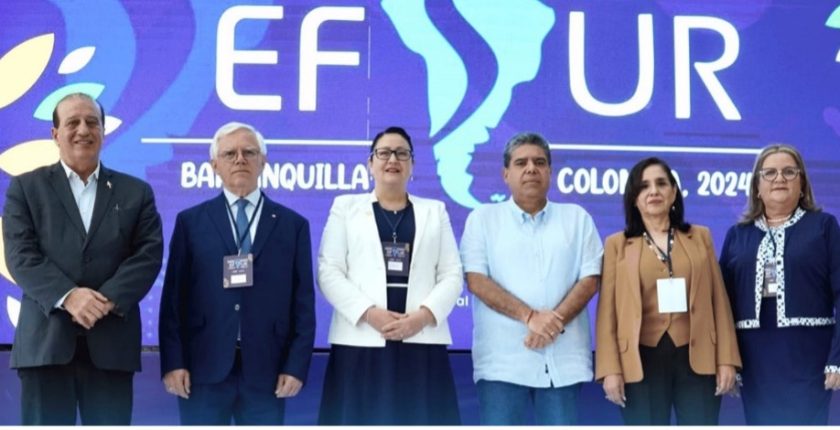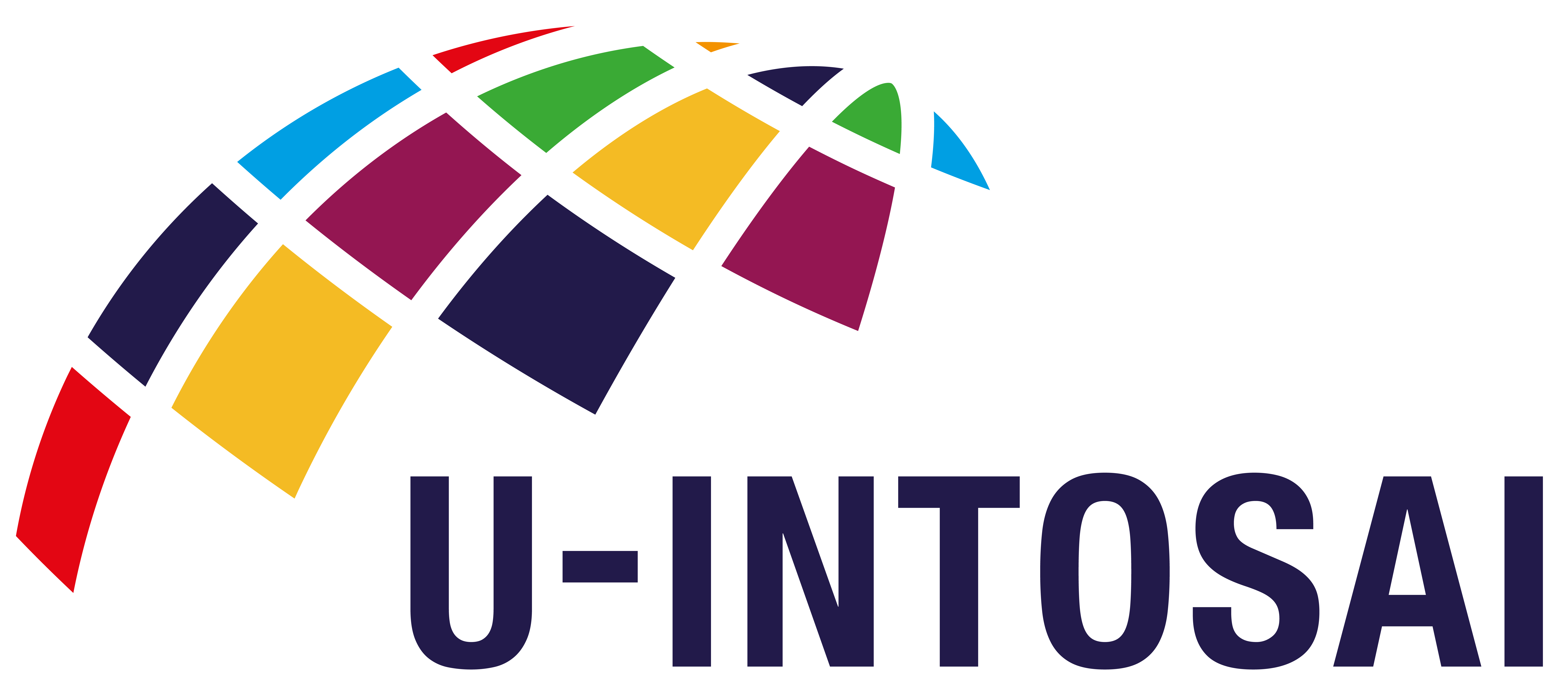Blog
Supreme Audit Institutions Met at the XXXVII Annual Assembly of the Countries of South America (EFSUR)
- 14 November 2024
- Posted by: SAI Russia
- Category: News

The Supreme Audit Institutions (SAIs) of the countries in South America met at the XXXVII Annual Assembly, held in Colombia.
Among the main items of the agenda was the approval of consolidated reports on joint, parallel audits aimed at achieving SDG 1 (No poverty) and SDG 6 (Clean water and sanitation for all.
During the audit of SDG 1 implementation, the national policies of countries in the region were reviewed, which were implemented to mitigate the impact of the pandemic and narrow the gender gap between 2020 and 2021. In particular, the auditors were interested in examining measures to reduce poverty and improve social protection mechanisms.
According to the report, the measures implemented during the social emergency have provided an opportunity to strengthen social protection systems. Social protection policies have been a crucial instrument for states to guarantee well-being and the full enjoyment of social, economic, and political rights.
The results of the audit of SDG 6 implementation indicate that the volume of investment in the area of water supply and access to clean water has been lower than the level of expenditure required to achieve the targets. The main finding of the report is a recommendation to strengthen public funding and to increase investment in infrastructure.
It is necessary to adjust the public administration system so as to guarantee universal access to safe water and sanitation, in order to eliminate inequalities in access to water between regions.
During the second day of the Assembly meeting, SAI Argentina presented a draft GÉNER.A toolkit, which would enable the SAI to examine gender-related issues in public policy.
The GÉNER.A toolkit was launched during the COVID-19 pandemic in an isolated environment, where existing gender inequalities had worsened and women had been among the most affected groups. SAI Argentina began to develop a suitable tool, and numerous SAI participants in the ESFUR made further contributions to its development.
The GÉNER.A conducts a two-part gender analysis:
- Analyzing the compliance framework with gender legislation at audited organizations and monitoring the implementation of best practices that promote gender equality. The toolkit provides a view of the results of this analysis through an institutional gender index.
- Assessing the extent to which gender equality policies, plans, and programs have been implemented.
Currently, the project is at the stage of ensuring the implementation of the tool for all SAIs of the ESFUR organization. The next stage of the project involves adapting the tool to the relevant regulatory and institutional frameworks, with a view to its further application for monitoring the outcomes of public policy measures.
